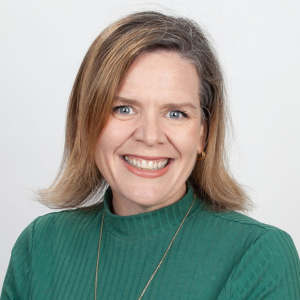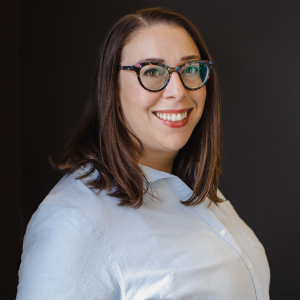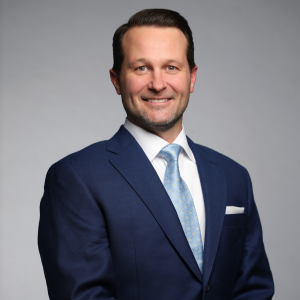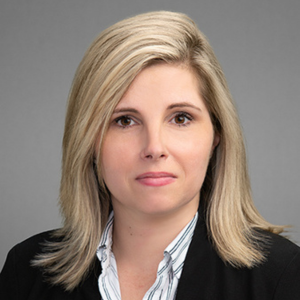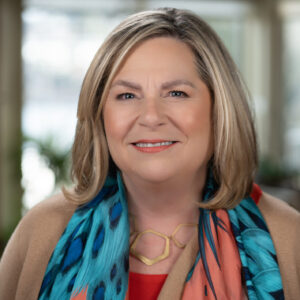A family in crisis needs compassion, direction and resources
I was witness yesterday to the turmoil, frustration and confusion that countless families experience when faced with the crisis of an elder parent’s rapid physical decline and the attendant demands for care. And it made me wonder: Where are the resources to help these bewildered families when navigating the complexities of our healthcare system?
The elderly mother of an acquaintance was hospitalized last weekend after tests showed that her kidney function, which is chronically poor, had worsened dramatically. She was sleeping around the clock, had stopped eating and had lost 22 pounds since June. The morning she was admitted she was so weak that she couldn’t raise herself to get out of bed.
Following two days of care and observation, she was discharged back home to the dismay of her children, who were hoping she’d be transferred to a skilled nursing facility. Recalled the daughter, “My sister protested, saying she didn’t know how she could get so much stronger so quickly, and was worried that we couldn’t give her enough care if she wasn’t really better. The doctor said, basically, ‘Oh, you can handle it.’
“A day later, Mom had bouts of diarrhea, and her blood pressure and blood glucose levels were very low,” the daughter continued. “She was back to sleeping almost around the clock and not wanting to eat or drink anything. The result was that my sister didn’t know whether to give her her blood pressure and diabetes meds or not, or what else to do for Mom.”
How is any family member, unless they’re a skilled clinician, expected to “handle it”? Why wasn’t the family provided with resources and viable options for post-acute care? Clearly this family, like most, was ill-equipped to care for their loved one’s complex medical needs.
While this family’s provider, for whatever reason, fell short of providing the communication and answers necessary to coordinate a workable care plan, there are resources out there, thank goodness. For example, just today I came across an announcement that the Family Caregiver Alliance (FCA) has been named among the top 13 nonprofit organizations in the nation in the field of aging.
Family Caregiver Alliance and its National Center on Caregiving offer local and national programs to support and sustain the important work of families and friends caring for loved ones with chronic, disabling health conditions. A wealth of caregiving advice, resource listings, newsletters, fact sheets, research reports, policy updates, discussion groups and more are available free on the website. For example, there’s a practical guide for families and caregivers on hospital discharge planning.
I’ll pass along this resource to the daughter, who hopefully will find some useful tools to help her family in their advocacy efforts.
As it stands, after many phone calls to the doctor’s office and stubborn persistence, a nurse has been charged with making an in-home call to assess the mother’s need for continued assistance.
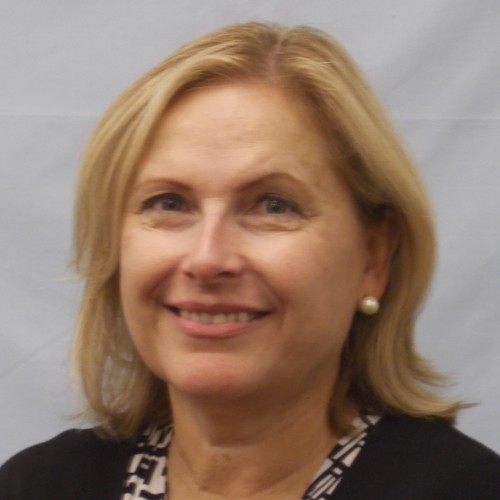
Patricia Sheehan was Editor in Chief of I Advance Senior Care / Long Term Living from 2010-2013. She is now manager, communications at Nestlé USA.
Related Articles
Topics: Facility management , Leadership


